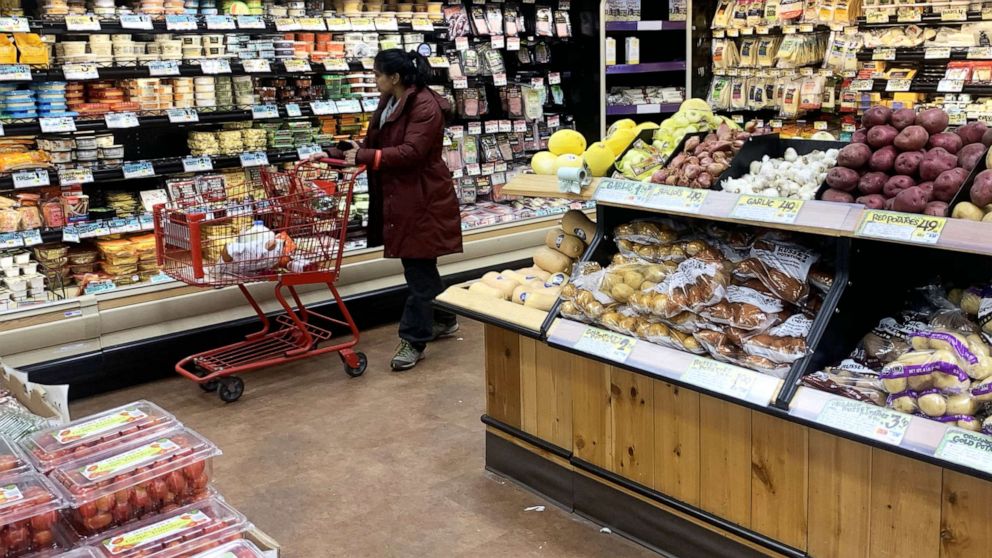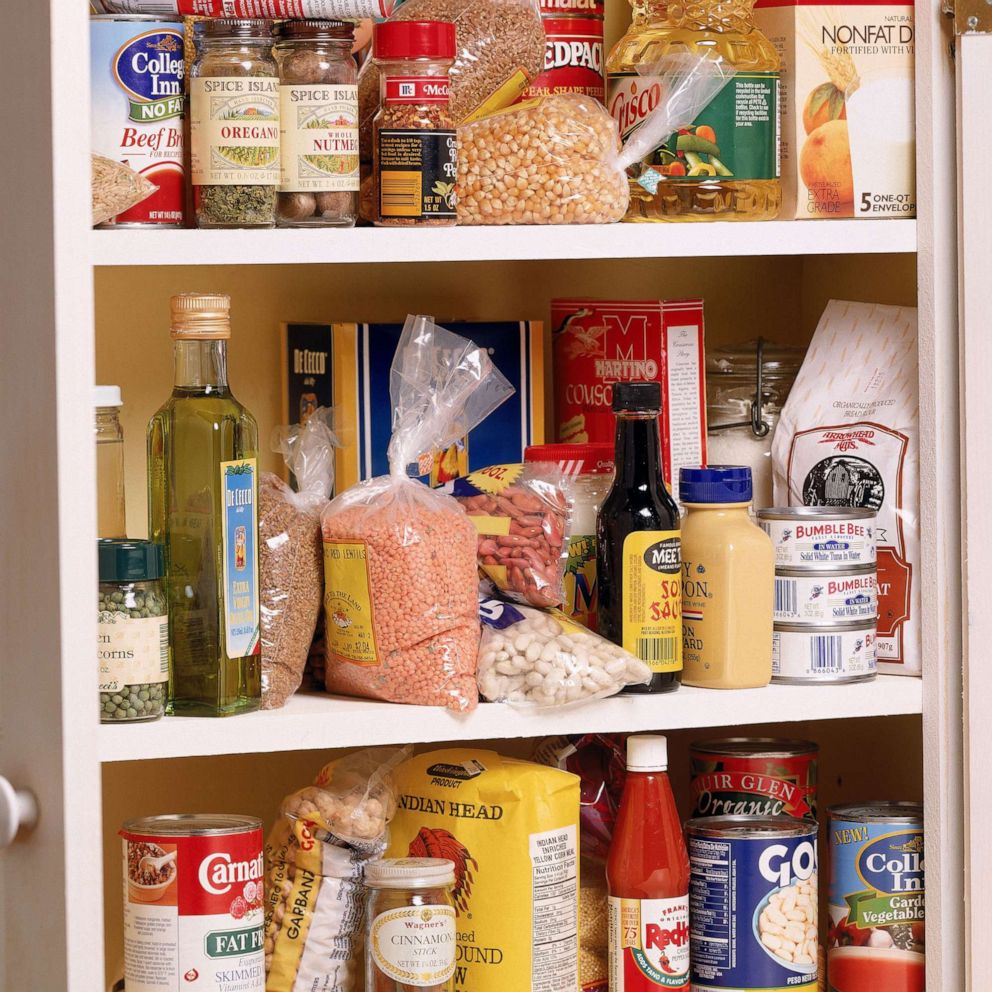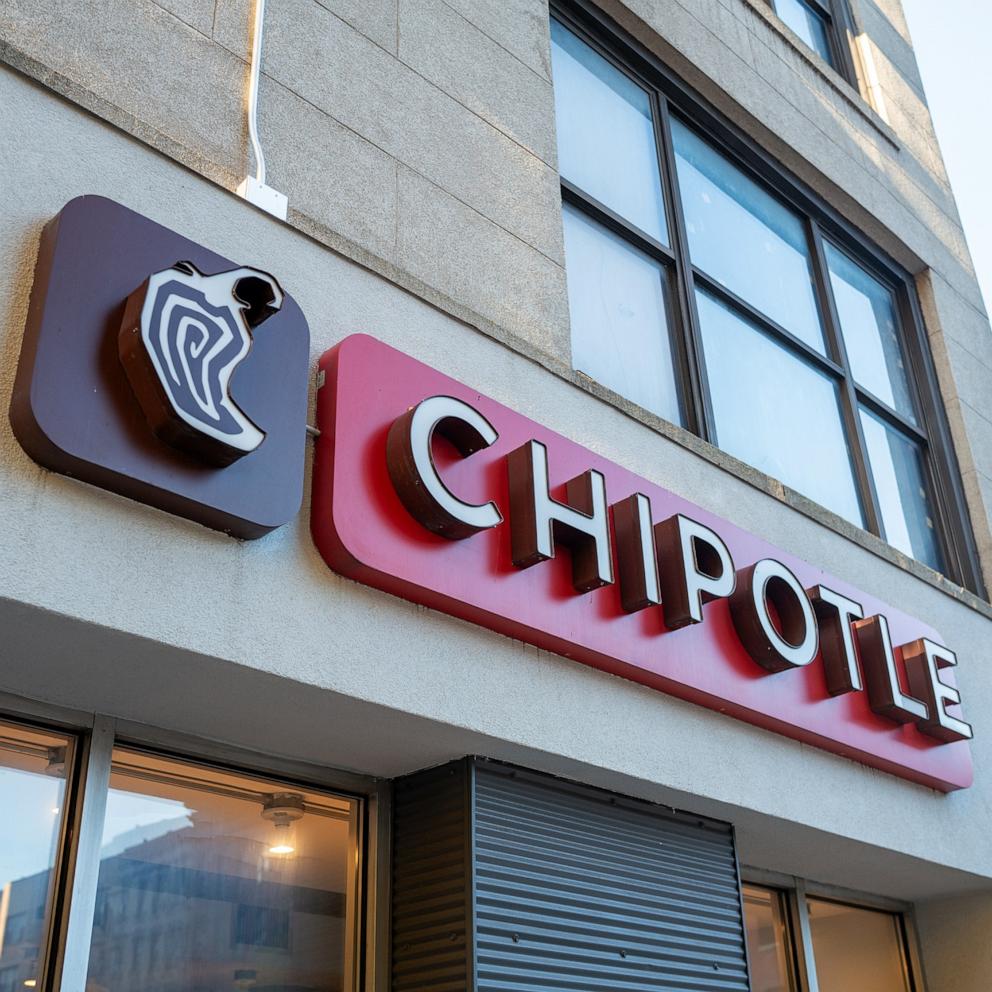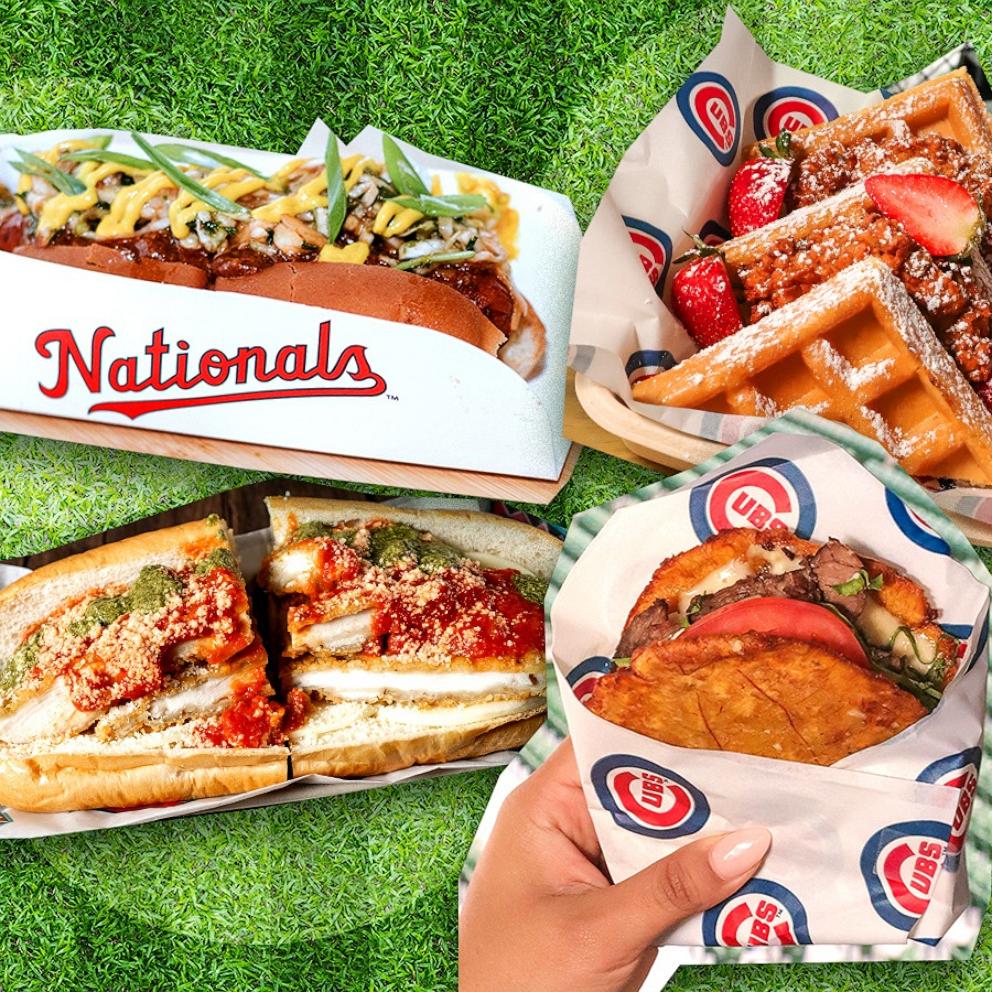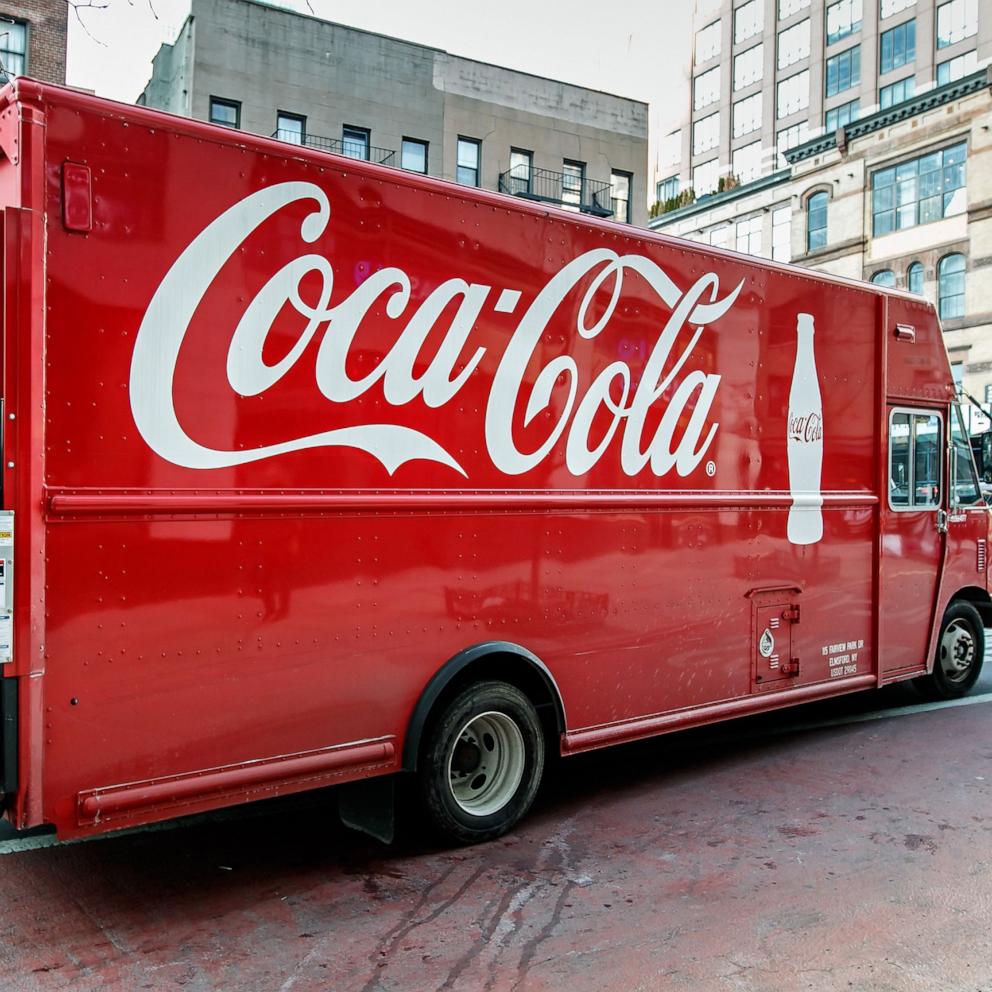How to safely grocery shop during coronavirus
As the novel coronavirus continues to spread across the United States, one of the most basic daily tasks has become a lot more complicated.
Here are ways customers can shop safely at grocery stores.
1. Get delivery when possible
Contact-less delivery is a great option as it helps us practice social distancing, according to Dr. Simone Wildes, an infectious disease specialist.
But that's if you can get a slot. Delivery services are slammed and getting a time slot scheduled can be difficult.
James Rogers, the director of Food Safety Research and Testing for Consumer Reports, told "Good Morning America" that the key to navigating grocery delivery apps is really planning far out in advance when you want your items delivered.
"We're suggesting if the app allows you to tip, to do that," Rogers added.
If you need items right away, one tool to use is Supply Finder, which can help you find newly restocked items like hand soaps and cleaners both online and in store.
2. Go to the store early
If you must venture out to get groceries remember this -- the earlier the better.
3. Bring disinfectant wipes to wipe down your cart and your own hand sanitizer
4. Wipe down your credit card after your purchase, Consumer Reports recommends
5. Wear a face covering and be careful with gloves
On April 3, the Centers for Disease Control and Prevention advised that wearing a cloth facial covering is recommended in public settings where social distancing is difficult to maintain, such as grocery stores and pharmacies.
The CDC states medical-grade masks including surgical and N95 masks must be reserved for health care workers currently facing a dire shortage of protective equipment.
But, what about gloves?
“The key is being able to put them on and take them off effectively without contaminating yourself after you used them,” said Rogers.
It may just be best to just take hand sanitizer with you to the store instead, said Worley.
6. Wash your hands when you get home
Experts say to throw the disposable bags away in your recycling bin, wipe down the counter and wash your hands when you get home from the grocery store.
While there is no evidence of the virus living on food or packages for a "prolonged period of time," Wildes says if someone is overly concerned, you can wash your produce using a scrub brush.
7. Think commercial
If you can't find products at a chain grocery store, try going to a supply store like a janitorial supply store, which may have products like toilet paper or paper towels.
8. Use curbside pick up
With grocery delivery hard to come by, the next best option is curbside pickup. First, check with your local grocery store if this option is available.
If so, there is a correct way to do it.
"Ideally, you want to pop your trunk, do not get out of the car, [and] don't have the person come by the window and stick their head in the car," said Dr. Todd Ellerin, director of Infectious Disease at South Shore Health.
While it may feel socially awkward to do, Ellerin said that as much as you want to help the person with your items, let them put the bags in your trunk and close it for you to be safe. And if there's a way to tip digitally or add in advance to your bill, that is the best option.
